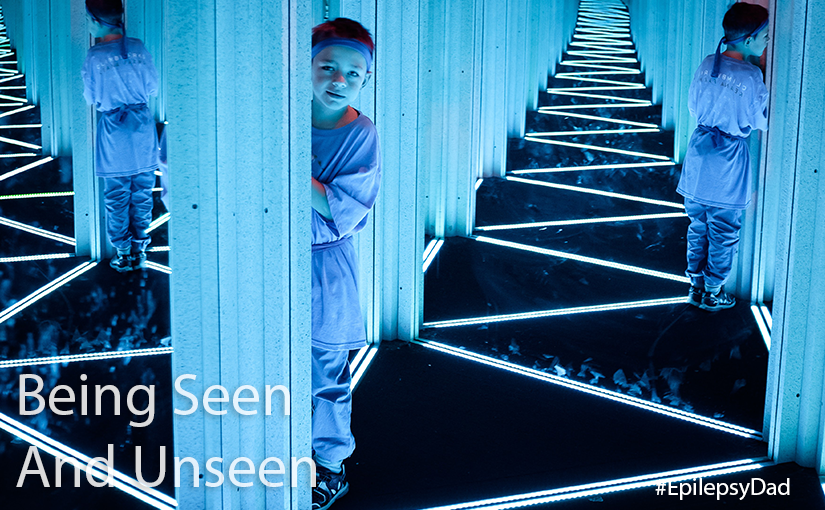I wonder how my son is going to remember his childhood. Sometimes, I wonder if he is going to remember it.
My son and I watched a Philadelphia Eagles game and we saw a player that my son had met at the hospital. I asked if he remembered meeting him and he said that he didn’t. We met the player almost two years, so at first, I chalked it up to my son being too young to remember. But he was also in the hospital because he was having more seizures and because we needed to adjust his medication.
Like other medicines, epilepsy medications have a long list of side effects. But medicine that controls seizures targets the source of those seizures, the brain. As a result, the side effects show up in those areas that the brain controls, which is everywhere. We have sees these side effects alter his mood and behavior and impact his motor control. As he gets older, we’re also seeing how much they affect his ability to learn and his memory. Those side effects were likely there all along, hidden beneath the surface. But now that those skills are being tested, the latent effects are being revealed.
We’ve passed the three year mark of my son taking medicine for his seizures. Three years of my son’s brain in a constant fog. Three years of struggling to form solid shapes around thoughts and ideas. Three years of a childhood spent in the clouds.
Three years of exerting all his energy to focus on one task at a time. Three years of that focus sapping all his energy. Three years of wondering if there is enough energy or will left inside of him to enjoy an experience.
The more we explore, the more gaps we find. Milestone events never happened. People erased from existence. It’s impossible to tell whether the failure is storing the memory or recalling it. The result is the same, though. A void where a childhood should be.
My wife and I repeat stories of our adventures to him, and we show him the albums of pictures we’ve taken. I’m hoping by continuing to expose him to those memories that he will have something to remember. I don’t know if it will be because we’re unlocking old memories or creating new ones through our stories. I’m hoping his brain doesn’t know the difference. I’m hoping that when he looks back on this time in his life, he’ll have something to find.


